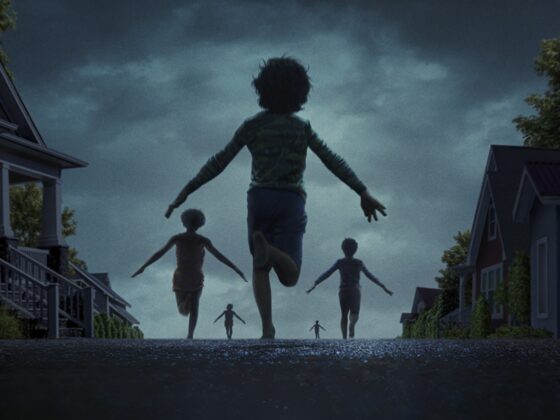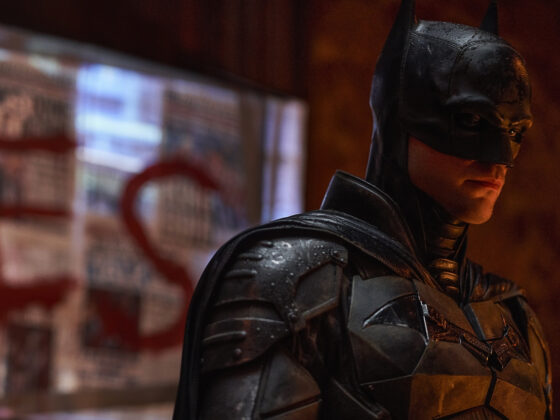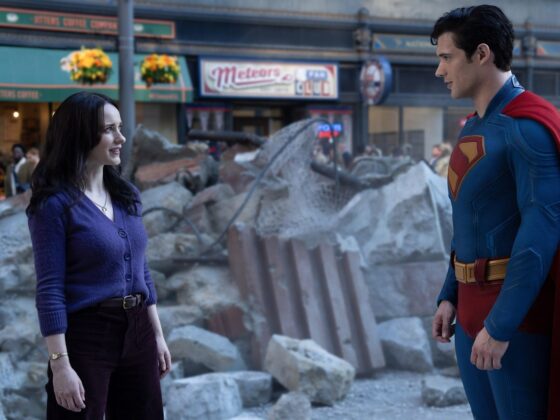David Lynch, the visionary filmmaker who transformed American cinema with his surreal and haunting works, has died at 78. His family announced his passing yesterday, sharing a characteristically Lynch-like message that concluded, “It’s a beautiful day with golden sunshine and blue skies all the way.”
Lynch’s distinctive style, which came to be known as “Lynchian,” merged the darkness lurking beneath suburban facades with surreal imagery and dreamlike stories. From his breakthrough 1977 film Eraserhead, a black-and-white nightmare about parenthood, to the mind-bending Mulholland Drive, Lynch created works that challenged and enthralled audiences. Other than the 1984 Dune film, which was not nearly as good as Denis Villeneuve’s versions, Lynch’s work was second to none.
His most influential contribution, however, was Twin Peaks, the television series he co-created with Mark Frost in 1990. The show, which followed an FBI agent investigating a small-town murder, revolutionized television storytelling by blending supernatural elements, mystery, and soap opera conventions. Its impact can actually be traced through later acclaimed series like The Sopranos and Mad Men.
Despite his progressive reputation, Lynch maintained a distinctly 1950s personal aesthetic, often wearing a silver hairdo and buttoned-up white shirts. This aesthetic was informed by his American childhood, including a haunting incident where he and his brother encountered a dazed, injured woman while riding bikes at night, the kind of unsettling image that would later populate his films.
Last year, Lynch revealed he had developed emphysema from years of smoking, which confined him to working remotely. Though he expressed intentions to continue directing, he was unable to complete another project before his death. His last feature film remained 2006’s Inland Empire.
Beyond filmmaking, Lynch was a dedicated practitioner of transcendental meditation for over five decades, establishing the David Lynch Foundation in 2005 to teach the practice to others. He also pursued painting and furniture-making, demonstrating the same creative vision that made him one of American cinema’s most unique voices.
As his family stated in their announcement, Lynch’s passing leaves “a big hole in the world.” But as the director himself might have suggested, maybe we should keep our eye on the donut instead—the rich legacy of boundary-pushing art he left behind.










